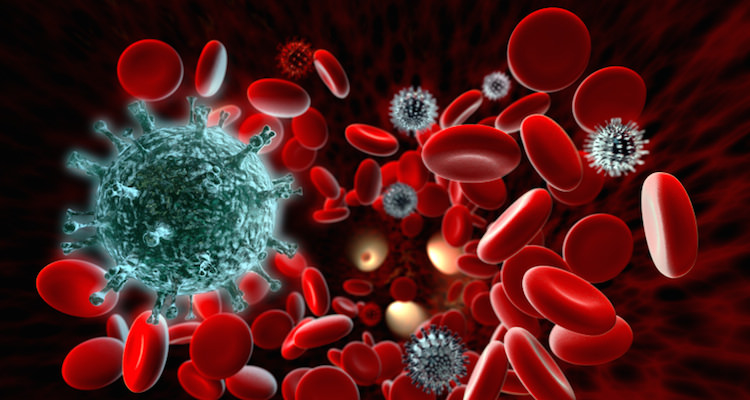
Is a viral flu strain the key to curing cancer? According to a landmark research, there is a possibility that using a strain of flu virus may change how liver cancer is treated by modern medicine.

According to Royal Surrey County Hospital Oncologist Dr. Tony Dhillon, the head of the study, the trial is potentially game changing because it could lead to advanced liver cancer treatment, which remained unchanged for more than a decade.
The groundbreaking research is still ongoing. This means the result of the research will not be published for another 3 to 5 years. But if it's a success, cancer patients could receive the treatment within 6 months of the research's publication.
Flu viral strain found to actually CURE liver cancer
(Natural News) You don’t have be in favor of vaccines to appreciate the value of viral therapy in certain cases, and a new trial that could give hope to people with deadly liver cancer is one very promising example of this approach.
Scientists are getting ready to test a revolutionary treatment that will entail injecting patients who have advanced liver cancer with a laboratory-grown flu strain. This method obliterated tumors in mice and in a small trial group of humans in initial tests, and now it will be tested in a trial involving 500 people suffering from the illness.
While vaccines are not without their share of dangers, patients with advanced liver cancer have very few options. It spreads quickly throughout the body, and inoperable patients do not have much hope of surviving. Those who have been given less than a year to live are typically administered daily pills that slow the cancer’s growth, but now there is new hope of treating it.
The people who have volunteered for the randomized trial are expected to have some flu symptoms after getting the shot, such as a sore throat, a cough and a runny nose. A small amount of the virus will be injected directly into their tumor. Once it gets inside the tumor’s cancerous cells, it replicates itself until the cells get full enough to burst, allowing the flu-like infection to spread into the adjacent cells. The virus attacks and kills the cancerous cells without hurting the healthy tissue.
The researchers are also hoping that the virus will penetrate tumors that have already spread through the body.
Image courtesy of: reginakurrasch






